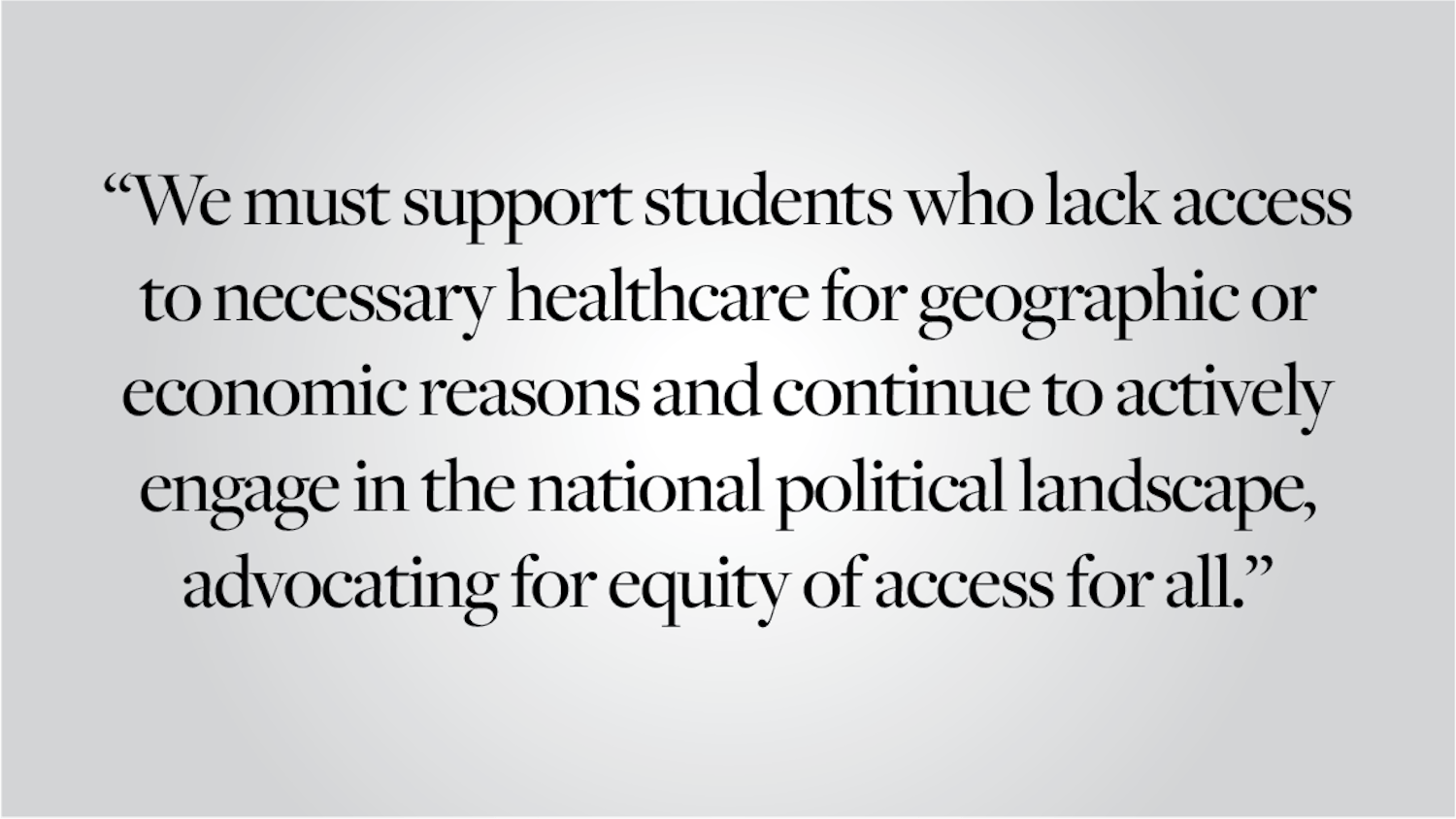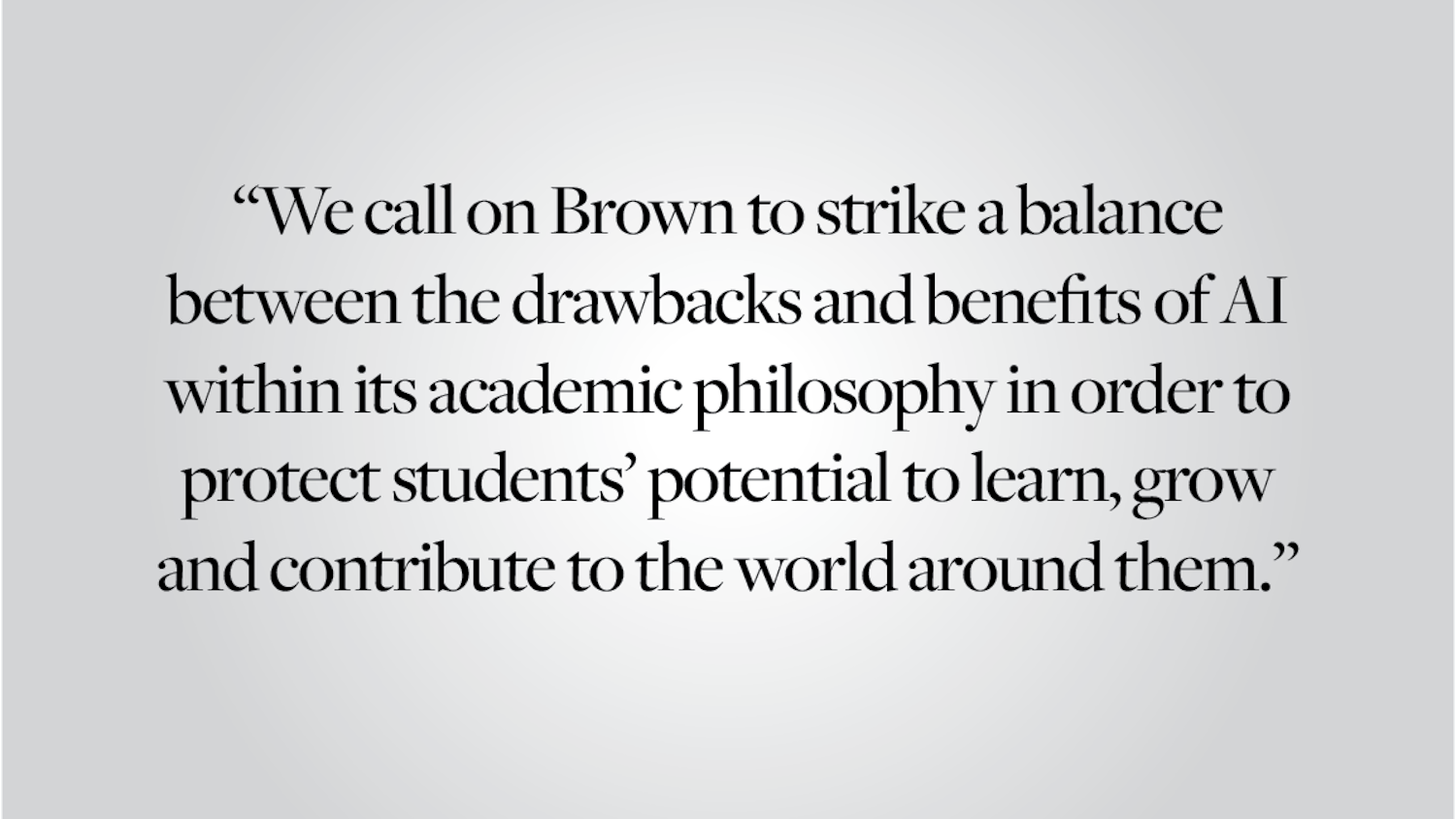An April 4 New York Times article, titled “Essay-Grading Software Offers Professors a Break,” examined a futuristic and troubling initiative in the world of higher education: essay-grading software. The software, released last month for all institutions of learning, was developed edX, a nonprofit organization whose main mission is to push into the new territory of Massive Open Online Courses. EdX “expects its software to be adopted widely by schools and universities,” “freeing professors for other tasks,” according to the article.
But the software has garnered criticism from professors, and for good reason. What edX is pushing focuses on making sure an essay is on-topic and makes an assertion — it is not even close to replicating the experience of another human being reading and evaluating a student’s use of language, logic and reasoning to construct an essay. We urge universities not to adopt this program. At least for now, the software cannot be used to effectively educate.
Language is not a checklist that can be easily parsed by a series of computer algorithms, however complex and self-teaching they may be. One of the most vocal critics of this machine grading, Les Perelman, a former director of writing at the Massachusetts Institute of Technology, has drawn attention to the deficits of the software by composing bogus essays that fooled it into giving good marks. That the software can be fooled by a mere rearrangement of key words and phrases is disturbing and points to a fundamental flaw in its evaluative capabilities.
Trying to compress essay writing from an act of intellectual expression into little more than a rote procedure goes against ideals that make up the foundation of higher education itself. In addition, an evaluation of an essay by a professor is just as important, if not more, to a student’s scholarship and writing. The ability to sit down and discuss the particularities of an essay with another well-informed and logical human is an essential part of the essay writing experience. Many classes with writing assignments require meeting with professors or teaching assistants to discuss essays before or after their completion. This connection is lost when software becomes the intermediary.
Since the point of edX’s software is “freeing professors for other tasks,” we must ask what, beyond teaching classes and being open to students, are the tasks of faculty members, according to edX? We worry it is another way of saying professors can focus more on their own research and projects. These, while beneficial to the professors’ careers and their universities’ prestige, must be balanced with teaching responsibilities and student engagement. This connection is just as important for the educators as it is for the students. The implicit objective of turning professors away from grading and confronting student arguments and toward serving themselves and their employers does a disservice to the main objective of those institutions: teaching students.
Only when artificial intelligence can hold a conversation and understand the logic of an intellectual argument should the world of higher education consider placing the responsibility of engaging with student essays in the hands of technology. Until then, essay-grading software does a disservice to students, professors and the ideals of our universities, and it should not be considered an appropriate substitute for essay evaluation in its current form.
Editorials are written by The Herald’s editorial page board: its editor, Dan Jeon, and its members, Mintaka Angell, Samuel Choi, Nicholas Morley and Rachel Occhiogrosso. Send comments to editorials@browndailyherald.com.
ADVERTISEMENT




